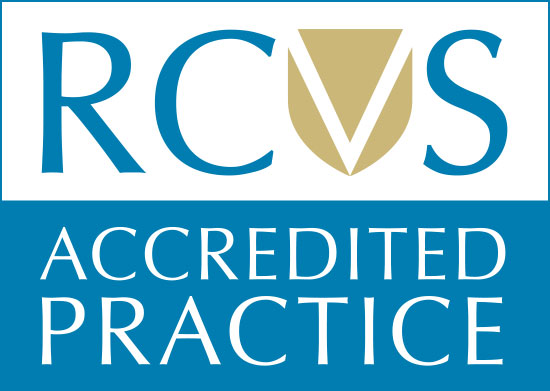Dog Dentals & Cat Dentals In Haywards Heath
What dental care routine is recommended for my pet?
Maintaining good dental health is essential for your pet's overall well-being. Here's a recommended dental care routine for pets:
- Regular Veterinary Check-ups: Schedule regular veterinary check-ups for your pet, including dental exams, at least once a year. Your veterinary surgeon can assess your pet's oral health, perform dental cleanings as needed, and provide guidance on home dental care.
- Professional Dental Cleanings: Consider scheduling professional dental cleanings for your pet as recommended by your veterinary surgeon. Professional cleanings involve scaling tartar and plaque buildup, polishing the teeth, and addressing any dental issues under anaesthesia.
- Brushing Your Pet's Teeth: Brushing your pet's teeth regularly is one of the most effective ways to maintain good oral hygiene. Use a pet-specific toothbrush and toothpaste formulated for dogs or cats. Start slowly and gradually introduce toothbrushing to your pet, using positive reinforcement to make it a positive experience. Aim to brush your pet's teeth at least 2-3 times per week, if not daily.
- Dental Chews and Treats: Offer dental chews, treats, or toys designed to promote dental health and help reduce plaque and tartar buildup. Look for products approved by veterinary organisations, such as the Veterinary Oral Health Council (VOHC), which indicate they have met certain standards for effectiveness.
- Diet and Nutrition: Feed your pet a balanced diet that promotes good dental health. Consider feeding dental-specific diets or dental care formulas that are designed to help reduce plaque and tartar buildup. Avoid feeding sticky or sugary treats that can contribute to dental problems.
- Water Additives: Consider adding dental water additives to your pet's water bowl, which can help reduce plaque and tartar buildup and promote fresher breath. Choose products that are safe for pets and follow the manufacturer's instructions for use.
- Regular Chew Toys: Provide your pet with appropriate chew toys that can help keep their teeth clean and healthy. Chew toys that are made of durable materials and have a textured surface can help remove plaque and tartar while providing mental and physical stimulation for your pet.
- Monitor Your Pet's Oral Health: Regularly check your pet's mouth for signs of dental problems, such as bad breath, swollen or bleeding gums, loose or broken teeth, or difficulty eating. If you notice any concerning signs, consult with your veterinary surgeon promptly for evaluation and treatment.
By following these dental care recommendations and working closely with your veterinary surgeon, you can help ensure that your pet maintains good oral hygiene and enjoys a healthy smile for years to come.
While pet groomers primarily focus on grooming services such as bathing, hair trimming, and nail clipping, some may offer basic dental care as part of their services. However, it's essential to understand the limitations of the dental care provided by groomers compared to veterinary dental care.
Pet groomers may offer services such as teeth brushing or cleaning, which can help maintain your pet's oral hygiene and freshen their breath. These services typically involve using pet-safe toothbrushes, toothpaste, or dental wipes to remove plaque and tartar buildup from your pet's teeth.
However, it's important to note that pet groomers are not trained veterinary surgeons, and their dental care services are generally not as comprehensive or thorough as those provided by veterinary professionals. Groomers may not have the expertise to identify or treat dental issues such asperiodontal disease, tooth decay, or oral infections, which require veterinary intervention.
For comprehensive dental care, including dental exams, cleanings, and treatments for dental problems, it's best to consult a veterinary surgeon. Veterinary dental care may involve dental X-rays, professional cleanings under anaesthesia, tooth extractions, and other advanced procedures to ensure your pet's oral health.
If you're interested in incorporating dental care into your pet's grooming routine, you can discuss options with your groomer and veterinary surgeon to determine the best approach for your pet's needs. Regular at-home dental care, such as brushing your pet's teeth and providing dental treats or toys, can also help promote good oral hygiene between veterinary dental exams and cleanings.







